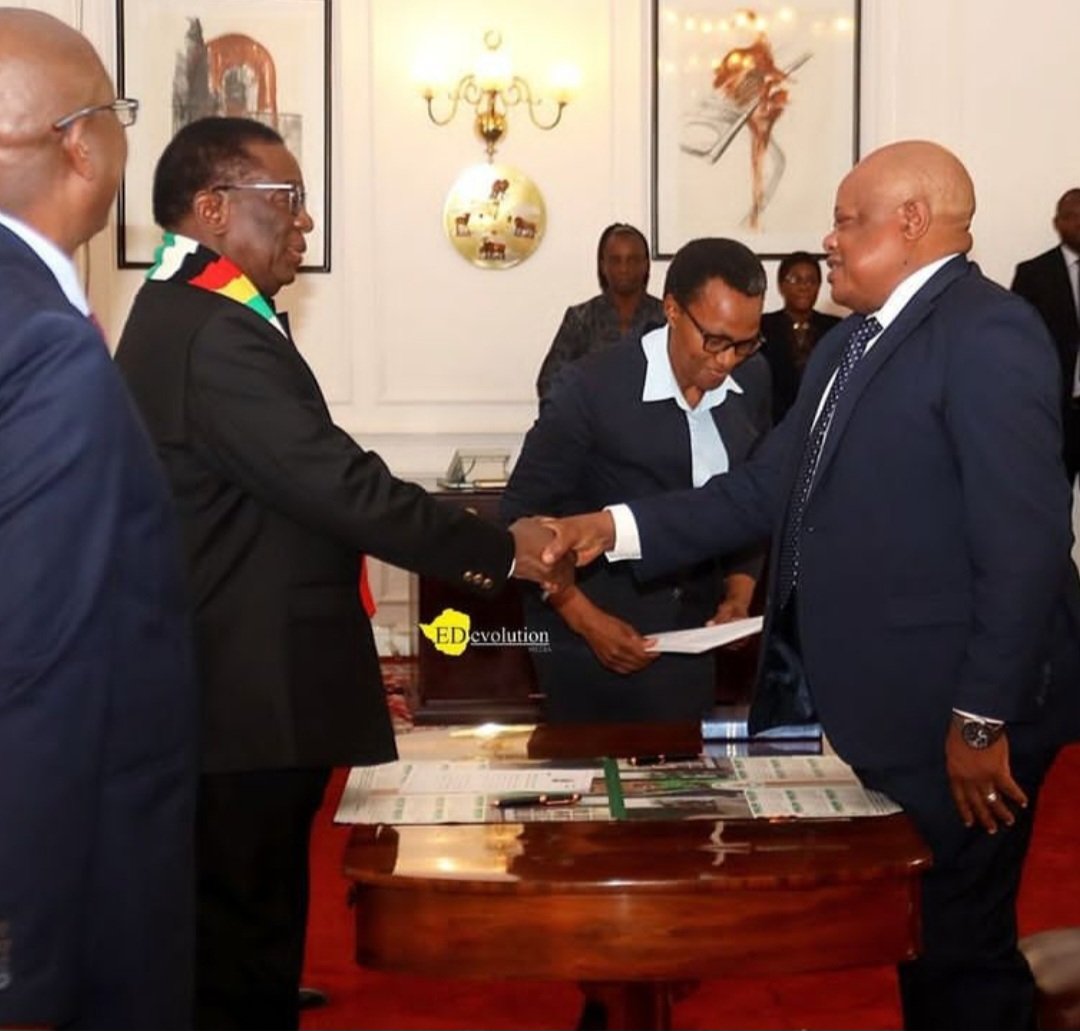Newly appointed Zimbabwe Independent Complaints Commission (ZICC) chairperson, retired Justice Webster Chinamora, is not fit and proper to ensure the body’s integrity, independence and credibility given his departure from the judiciary under a cloud of a series of wrongdoing and corruption, analysts say.
Chinamora resigned as High Court judge engulfed in scandal in November last year after President Emmerson Mnangagwa had set up a tribunal on the recommendation of the Judicial Service Commission (JSC) which had found that the judge could have engaged in gross misconduct, interfered with the course of justice and presided over matters in which he had conflict of interest, all this bordering on corruption.
His resignation aborted the tribunal as he was no longer a judge.
When it comes to appointing a judge or retired judge to head a constitutional independent complaints commission, the President’s role is crucial.
The commission is made up of five members.
The chairperson is a person eligible for appointment as a High Court Judge, a sitting judge or a former judge appointed by the President after consultation with the Judicial and the Committee on Standing Rules and Orders of Parliament.
The other four members are appointed by the President from a list of not fewer than seven nominees submitted by the Committee on Standing Rules and Orders of Parliament.
Of these four, one must be a legal practitioner, one must be a medical practitioner, one must be a psychologist, and one must have experience in security services.
The five members must have at least seven years’ practical experience in their fields. The members will serve the commission on a full-time basis.
This provision, Clause 6, is open to abuse, legal analysts say.
In the appointment of the chairperson, the President is given broad powers to freely appoint him or her after and not in consultation with JSC.
The implication is that the President is not bound to follow the advice of the JSC and may appoint whoever he/she desires without scrutiny, which is what happened is with Chinamora.
Whether the President consults or not is hidden in obscurity.
There is also no clarity on why only four members of the commission are appointed from a list of nominees submitted by the Committee on Standing Rules and Orders of Parliament, but not chairperson.
To ensure the independence envisaged by section 210 of the constitution, the selection of the chairperson should have been the same as for the other four members of the commission.The appointment of a fit and proper person is to ensure the commission’s independence and credibility.
This means that the president should have considered factors such as the candidate’s integrity, impartiality, and commitment to upholding the constitution.
However, since the president appointed a compromised retired judge – his well-known ally – to head the commission, it could undermine its credibility and effectiveness.
A compromised chairperson will lack the independence and impartiality necessary to investigate complaints fairly and make decisions based on the law.





















